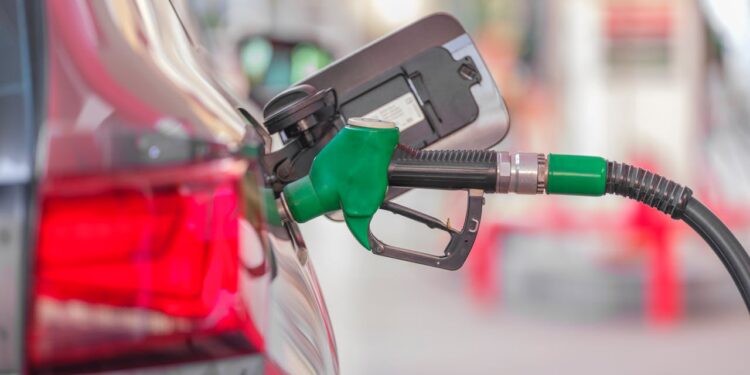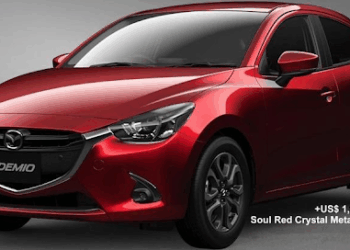When fueling up, many Kenyan drivers prefer certain petrol stations. Often, this is due to the belief that specific brands offer cleaner or more powerful fuel. But is that truly the case? Or is there more behind what makes fuel “high-quality”?
Let’s break it down.
What is an Octane Rating and Why Should You Care?
The octane rating measures a fuel’s ability to resist premature combustion inside your engine. This premature ignition, known as engine knocking, can cause rough engine sounds, performance issues, and even long-term damage.
Petrol engines rely on controlled combustion. The spark plug ignites the air-fuel mix at the right time. If the fuel combusts too early due to low octane levels, the engine knocks. Over time, this affects efficiency and damages engine parts.
A higher octane rating ensures smoother combustion, especially under high pressure and temperature. So yes, octane matters.
How Does Octane Affect Different Car Types?
Not all vehicles need high-octane fuel. Here’s a simple guide:
- Regular cars: Most Kenyan models run well on RON 93.
- Turbocharged or performance cars: These need RON 95 or higher.
- Boats and certain engines: These may use RON 87, though it’s rare on Kenyan roads.
Check your vehicle owner’s manual or the fuel cap label. This shows the minimum recommended octane rating. Using lower-than-recommended octane may lead to knocking and reduced engine life.
What’s the Standard in Kenya?
In Kenya, most petrol stations offer RON 93 as standard, labeled as premium petrol. You’ll also find RON 95 at select stations, usually for higher-performance vehicles.
Some motorists confuse the label “premium” with high octane. But remember, premium doesn’t always mean better unless your car requires it. Using RON 95 in a car that runs well on RON 93 won’t boost performance. You’ll just spend more money.
Should You Stick to One Fuel Brand?
While some drivers swear by one brand, it’s not always about the name on the station. What matters most is meeting the octane requirement.
That said, some fuel companies in Kenya do add cleaning agents and detergents. These can help keep your engine cleaner. Still, if the octane rating matches your engine’s needs, you’re good.
Need help finding cars compatible with local fuel conditions? Check out https://auto24.co.ke/ for a variety of models well-suited for Kenyan roads and fuel grades.
Signs You’re Using the Wrong Octane Fuel
Your car will often tell you if the fuel isn’t right. Watch for these signs:
- Knocking or pinging noise from the engine
- Reduced fuel efficiency
- Engine hesitation during acceleration
- Check engine light (in some cases)
Don’t ignore these signs. Consistently using the wrong octane fuel will cost you more in the long run through repairs and poor fuel economy.
Practical Tips for Fueling Smart in Kenya
- Know your car’s octane requirement. This avoids engine damage and unnecessary expenses.
- Avoid mixing different fuel grades. Stick to what your vehicle needs.
- Buy from reputable stations. This reduces chances of fuel contamination.
- Fuel early in the morning. Cooler temperatures mean denser fuel, which can improve mileage.
- Monitor fuel consumption. If it suddenly drops, your fuel quality might be the issue.
For more smart motoring tips, visit Automag Kenya—your go-to site for car reviews, tips, and driving guides tailored for Kenyan drivers.
Final Word: Octane Matters More Than the Brand
Brand loyalty is common, but it should never outweigh technical needs. Your car only cares about the correct octane rating. Whether it’s Shell, Total, Rubis, or National Oil—what really matters is using the fuel that fits your engine.
Don’t overspend on higher-octane fuel unless your car demands it. And don’t cheap out with low-octane options either—your engine will suffer.
Want to explore cars that run efficiently on Kenyan fuel grades? Browse listings at https://auto24.co.ke/ and make smart fuel and vehicle choices that match your lifestyle and budget.




